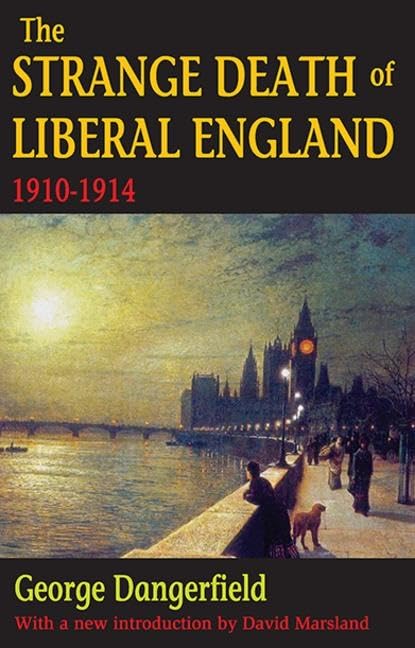George Dangerfield’s The Strange Death of Liberal England, published in 1935, became one of the most influential accounts of the Liberal Party’s demise as a party of government. Dangerfield claimed that by ‘the end of 1913 Liberal England was reduced to ashes’ by three forms of political turbulence and upheaval: the threat of civil war in Ireland; the campaign for women’s suffrage; and an unprecedented wave of strikes.
But in recent decades many historians have taken issue with Dangerfield’s thesis and some point out that liberal values, and the Liberal Party, endured in the inter-war years and after.
Vernon Bogdanor (Research Professor at the Centre for British Politics and Government at King’s College London and author of The Strange Survival of Liberal Britain: Politics and Power Before the First World War) and Richard Toye (Professor of History at the University of Exeter) discuss Liberal politics in the early twentieth century. Chair: Anne Perkins (journalist and historian).
